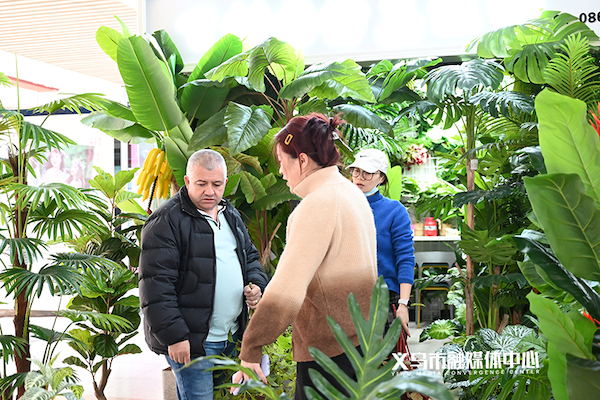Yiwu to pilot water recycling
Yiwu in East China's Zhejiang province was listed as part of the first batch of pilot cities for the utilization and allocation of recycled water in typical regions of the country, according to local media outlets.
Officials said that all pilot cities must fully carry out the utilization and allocation of recycled water and strive to achieve a utilization rate of more than 25 percent of recycled water by 2025.
Recycled water refers to domestic sewage that is treated to meet certain water quality requirements to be used safely. It has the advantages of a stable quantity, controllable quality, and local availability. Recycled water is usually used for urban consumption, to supplement natural rivers, and as industrial water.
In recent years, Zhejiang province has made efforts to promote the use of unconventional water, deployed recycled water utilization infrastructure, and expanded the capacity of recycled water treatment. The average utilization rate of urban recycled water in the province has reached 20.5 percent.
Yiwu is densely populated and has developed industry and commerce, but its per capita water resources are less than one-fourth of the province's average, making it hard to meet the demands of industrial production and residents.
Since 2014, Yiwu has been making efforts to use recycled water for industrial production, toilet flushing, and watering plants on roads in order to provide more high-quality water for drinking.
Yiwu plans to have a water supply of 20 million metric tons by 2022. By 2025, the city is expected to treat and use 50 million tons of recycled water per year.

 Yiwu and Qingtian: Global supermarket alliance spurs economic growth
Yiwu and Qingtian: Global supermarket alliance spurs economic growth Artificial flowers: Yiwu's evergreen business
Artificial flowers: Yiwu's evergreen business Yiwu Intl Trade Market reopens after Spring Festival holiday
Yiwu Intl Trade Market reopens after Spring Festival holiday